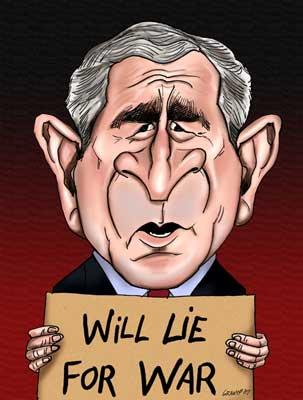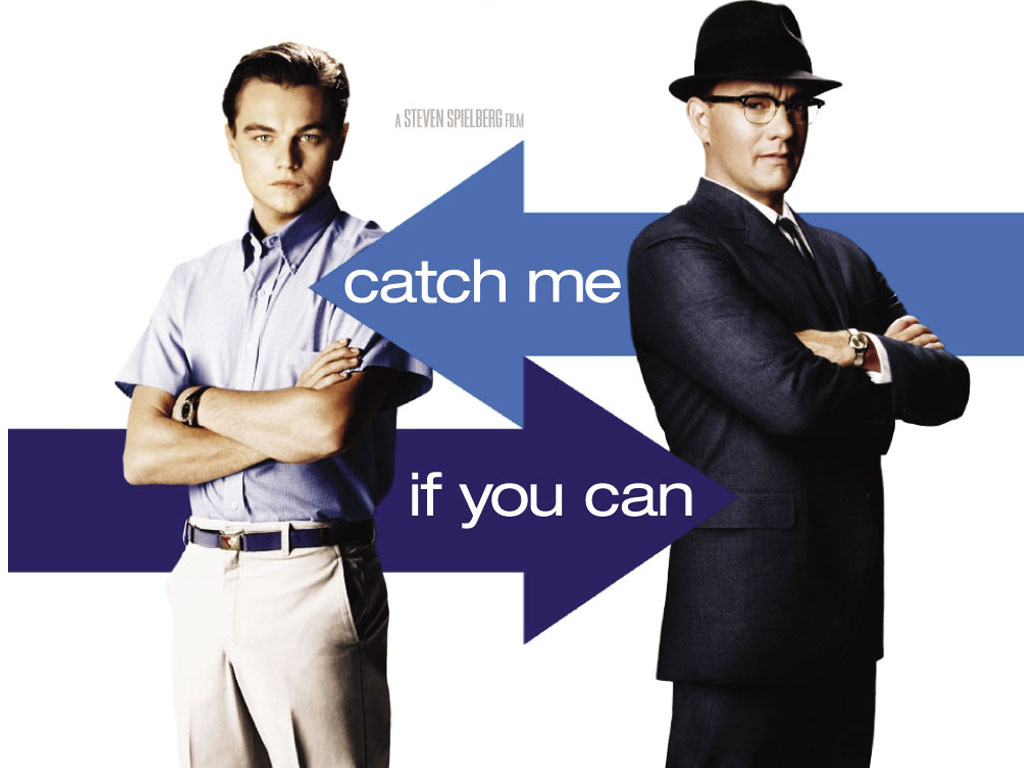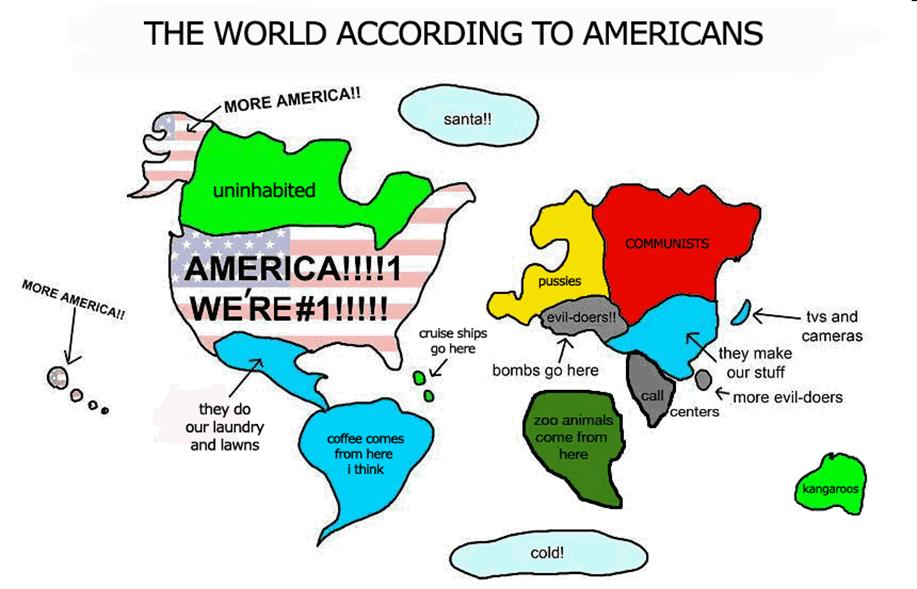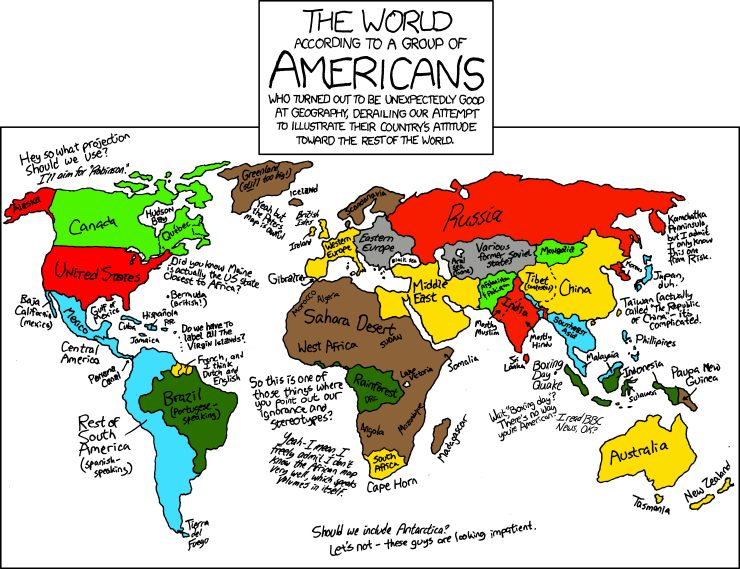Here it comes.

The moment you’ve all been waiting for…
Pretty much every blog post up until this final installment has been positive and glowing (with the possible exception of “Argo,” but even there I didn’t critique much). I love movies. There aren’t very many movies I don’t enjoy.
Enter the review of “Face/Off”…

Pictures from this point forward will consist primarily of GIFs.
This movie stars John Travolta and the actor the Internet loves to hate, Nicolas Cage. Seriously, everything he does is a joke. Why does he still play serious roles in movies?
Anyway, we know there’s trouble from the beginning when Cage forces a woman to sit on his lap and suck on his tongue. Perversion seems to be one of his character’s fundamental qualities.

I can’t even think of a caption for this…
If GIF files made sound, you would hear all the weird Nic Cage-noises that accompany his batshit-crazy facial expressions.
And the craziness does not stop with Nicolas Cage.
An extremely-contrived plot line is the least of the action movie holes that this film falls into. Well of course the easiest way to find the bomb planted by terrorist-Nic Cage is to steal Nic Cage’s face while he’s in a coma.

“Take it, it’s yours!”
Seriously. They remove his face. You can’t just take a face off and put it on at will, that’s not–it’s not–it’s…
Nevermind. Nothing in this movie makes sense anyway. If your willing suspension of disbelief holds for the face-exchange scene, then you’ll be fine for everything else– Travolta brings down Cage’s plane by stepping on it with a helicopter, Cage throws a container of sulfuric acid in the air and then shoots it (brilliant), both actors get into a boat chase where Cage drives his flaming boat through another flaming boat, which explodes, and society decides that the best way to lock up Nicolas Cage is to give him metal boots and construct a prison with a built-in magnetic field so he can’t move his feet.
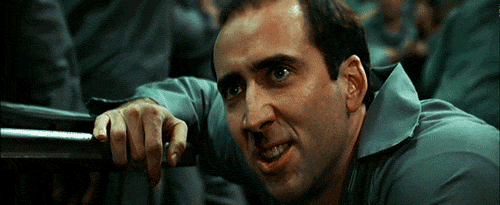
It didn’t work. Nothing ever works.
This movie also taught me that everything makes sparks when you shoot it. It was probably someone’s job to run around the set placing fireworks, in which case where can I get an application?
My favorite part of this movie was when Travolta’s character wakes up to find that he’s got the face of Nicolas Cage, and promptly freaks out, breaking three mirrors with a coat rack and shouting “FUCK YOU” at every person in the room, one at a time.
I don’t think Mr. Cage handles emotions well, especially the fake kind. I sometimes wonder if he embraces his own lunacy. It would certainly explain “The Wicker Man.”
I must, however, admit that I enjoyed the hell out of this movie. If you’re really into cheap action flicks or the so-bad-it’s-good genre, check it out. And in the meantime, enjoy this tasty treat, straight out of the caring and warm oven of the Internet:

The Wrap Up
Well, I gotta say it’s been a pleasure reviewing movies for you all. So much of a pleasure that I’m considering keeping this going. One thing’s for sure, as long as there are new movies out there to watch, I will be watching them. So stay tuned, keep in touch, and continue watching movies, because some day you might see a name you recognize in the credits. Tee hee.
That is all.





